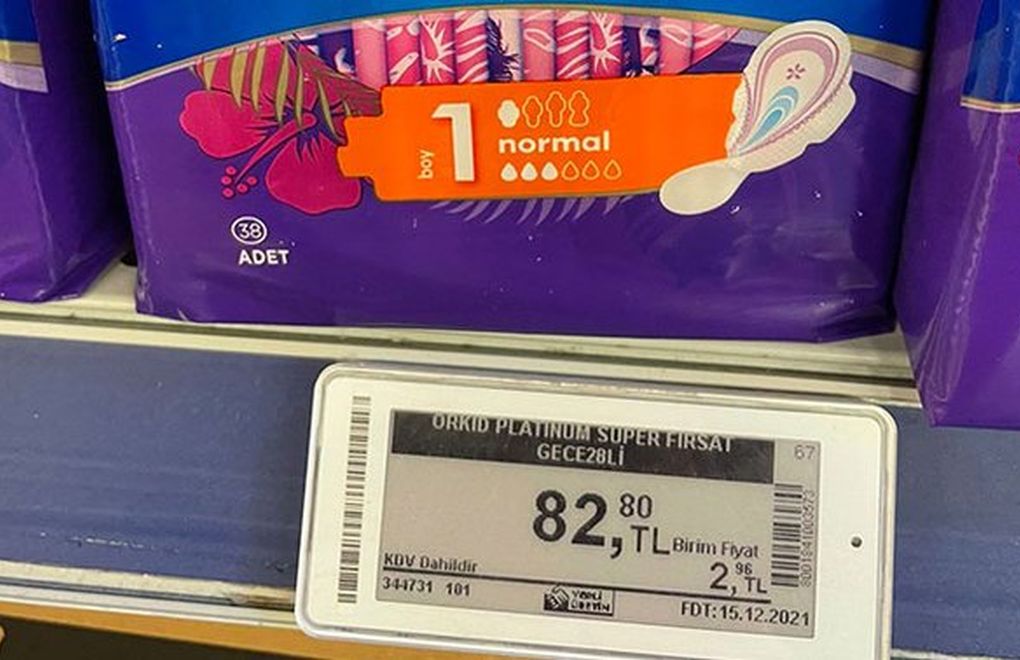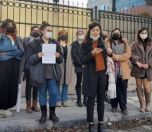* Photo: Social media
Click to read the article in Turkish
With 18 percent, menstrual products are in the highest tax category in Turkey. These products are basic needs and their high prices lead to an aggravating inequality, which especially affects poor and refugee women.
The unit price of sanitary pads has increased by 58.8 percent in Turkey in a year. While one pad used to cost 1 Turkish Lira (TRY) in the early 2021, it now costs 1.5 TRY. Making a statement in the face of this increase and taxes, Family Health and Planning Foundation of Turkey (TAPV) Women's Empowerment Program Coordinator Hazal Günel says, "Women's access to sanitary products is not a luxury but a basic need."
She stresses that the people who cannot easily buy sanitary products cannot go to school or leave home for daily activities during menstruation. Referring to the Romani Women Empowerment Project carried out in cooperation with the İstanbul Metropolitan Municipality in 2020, Günel recalls that a woman would use the diapers of her child when she was not able to buy sanitary pads and would try to use it again after washing.
Günel raises concerns that if hygiene is not ensured during menstruation, it increases the risk of infections and if infections are not prevented, it may lead to permanent and serious health hazards including infertility. She underlines that "it is possible to create a world where no woman or girl is prevented from fulfilling their potential due to menstruation."
TAPV Reproductive and Sexual Health Trainer Nurşen Kanbur also says that young university students have started offering "pads on the hook" (askıda ped in Turkish) in solidarity with one another, which roughly functions as follows: A woman who opens a pack of pads gives away one of two or gives away the entire pack for the ones who cannot afford them.
Prof. Pınar Okyay from the Public Health Specialists Association (HASUDER) notes that access to menstrual products is key to a better menstrual health and hygiene. "On the one hand, women are fighting taboos and, on the other, they need have the necessary products for menstruation. It is possible to create a world where no woman or girl is prevented from fulfilling their potential due to menstruation," says Prof. Okyay.
Okyay also notes that the drop in women's income, especially during the pandemic, makes it harder for them to buy these products and adds: "Some countries that take this situation into consideration have reduced the taxes on pads and tampons or started offering them free of charge. A similar process must be developed in our country as well." (AÖ/SD)






